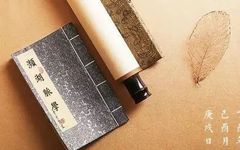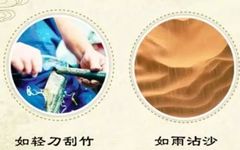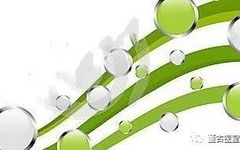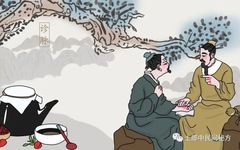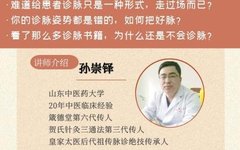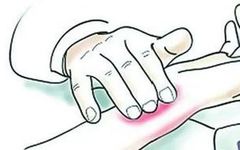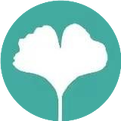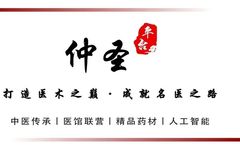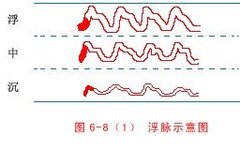What is the “Slippery Pulse” in Pulse Diagnosis?
Looking for a good TCM practitioner near you or one you have visited >>> [TCM Encyclopedia App] Online/Offline reading of TCM ancient and modern books >>> [TCM Encyclopedia] September 2018 article rankings Three fingers determine life and death, pressing the pulse at the wrist to know the ailments. Pulse diagnosis is a unique diagnostic method … Read more

